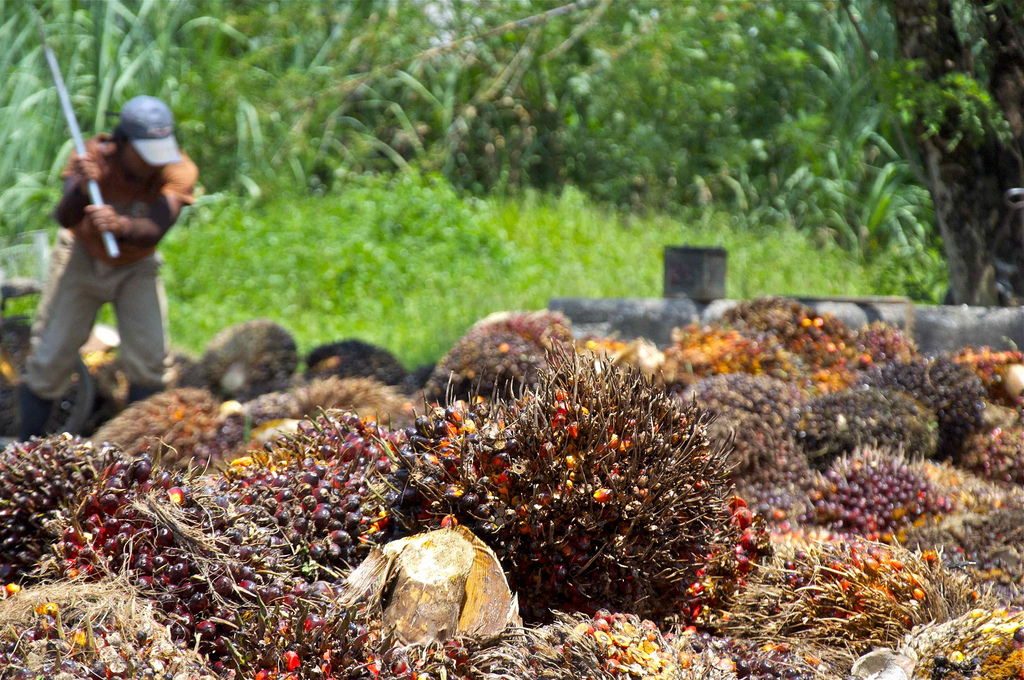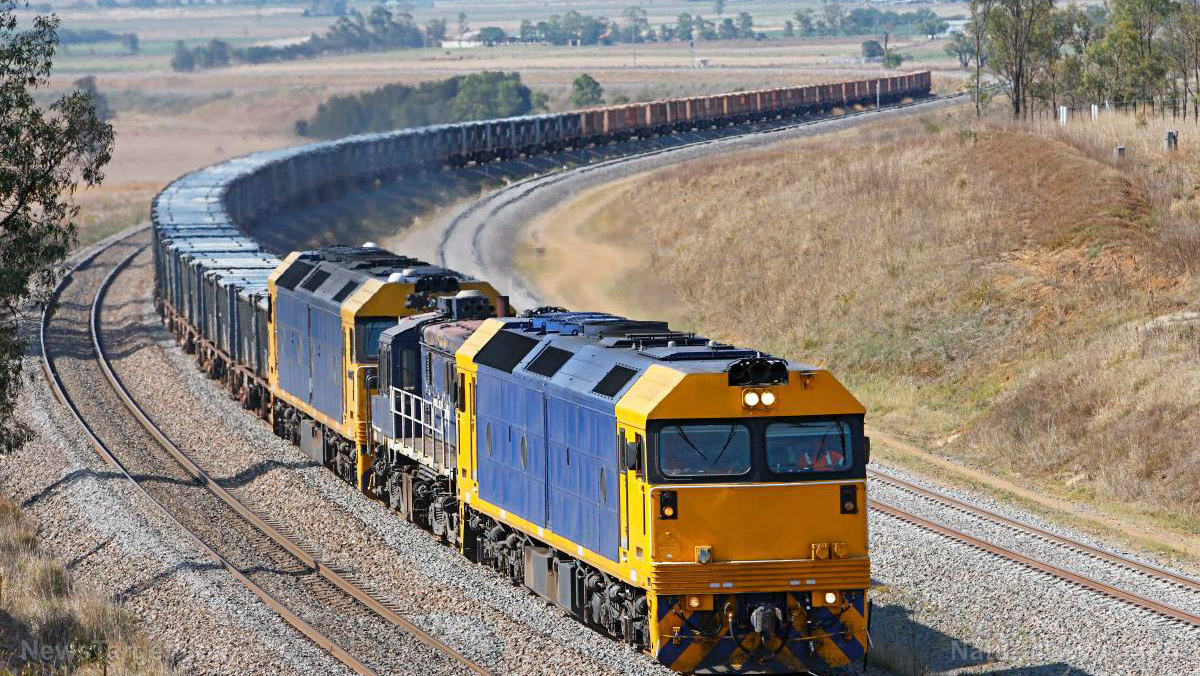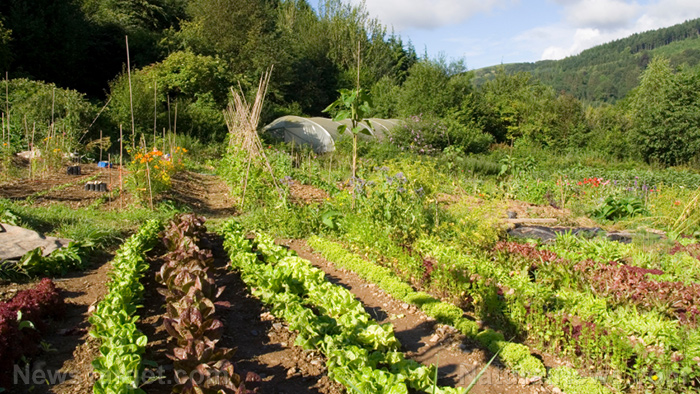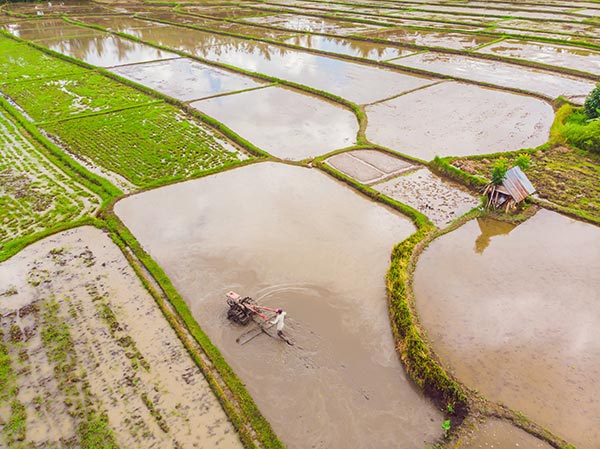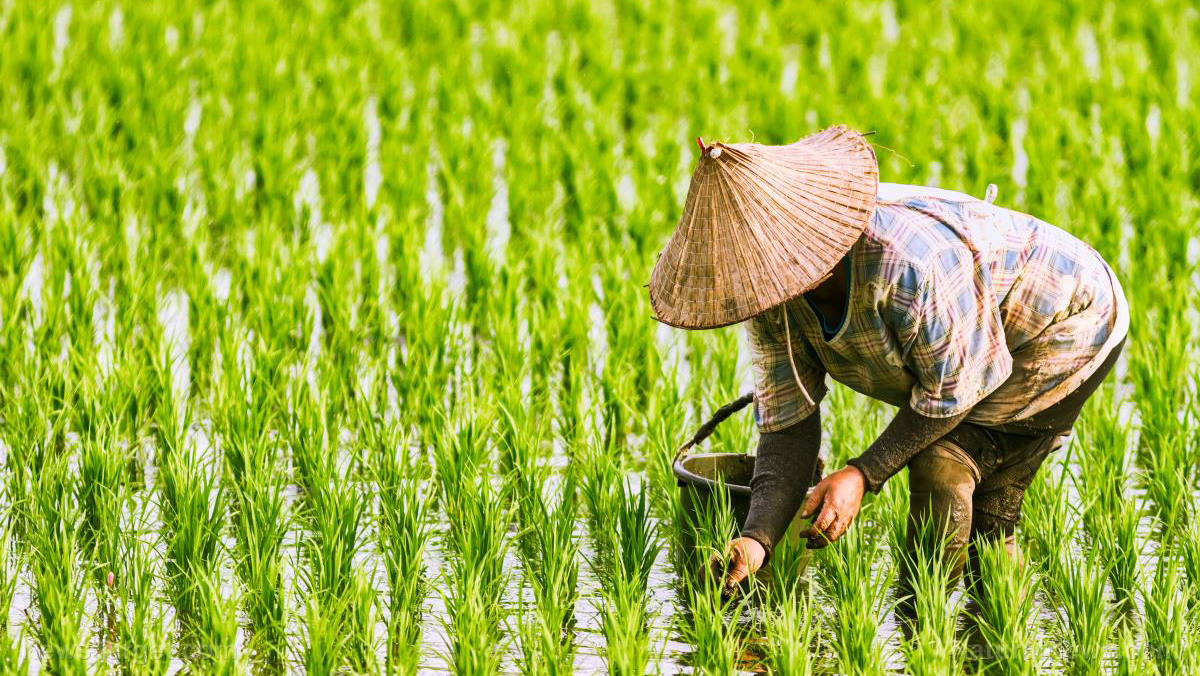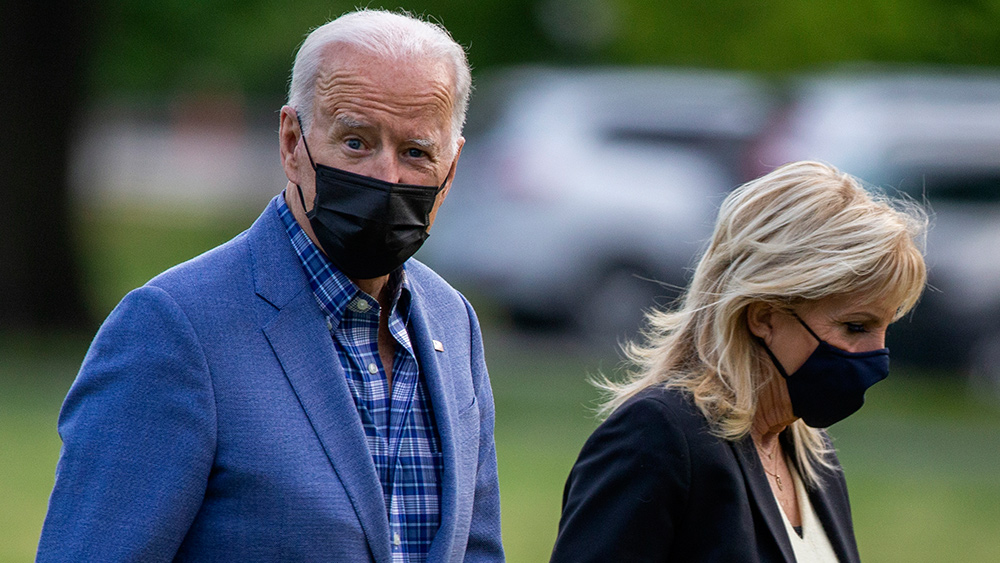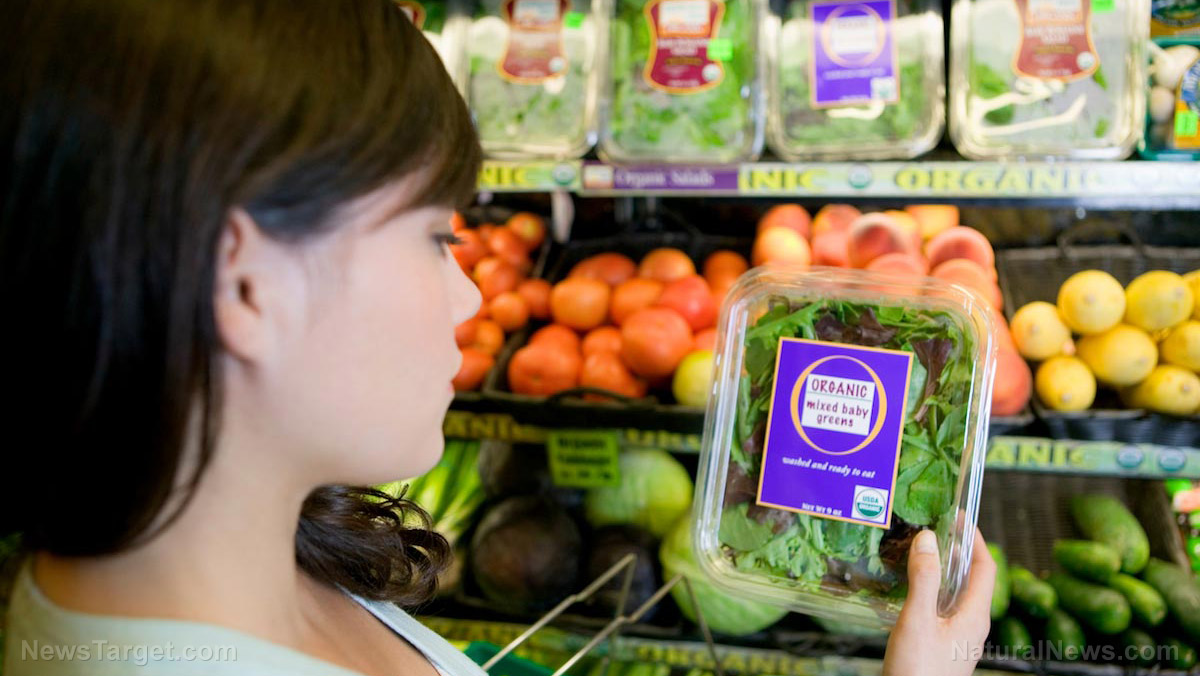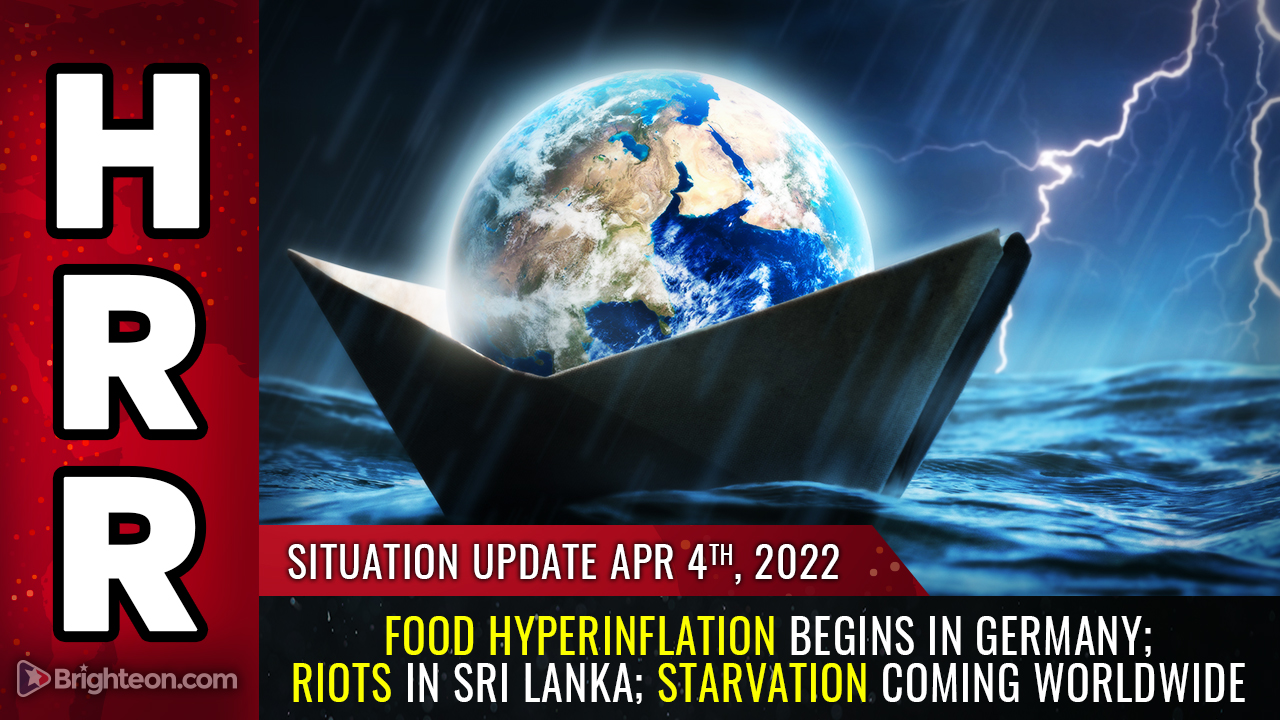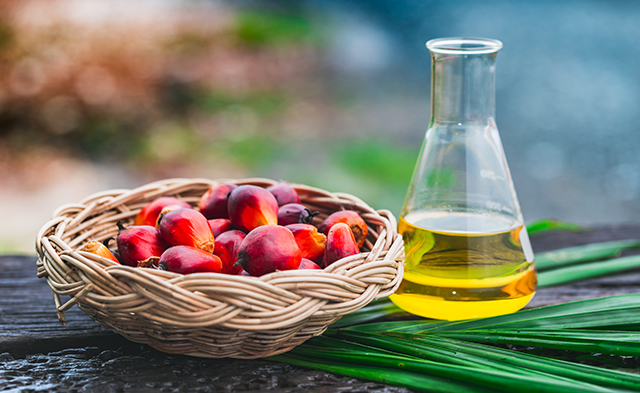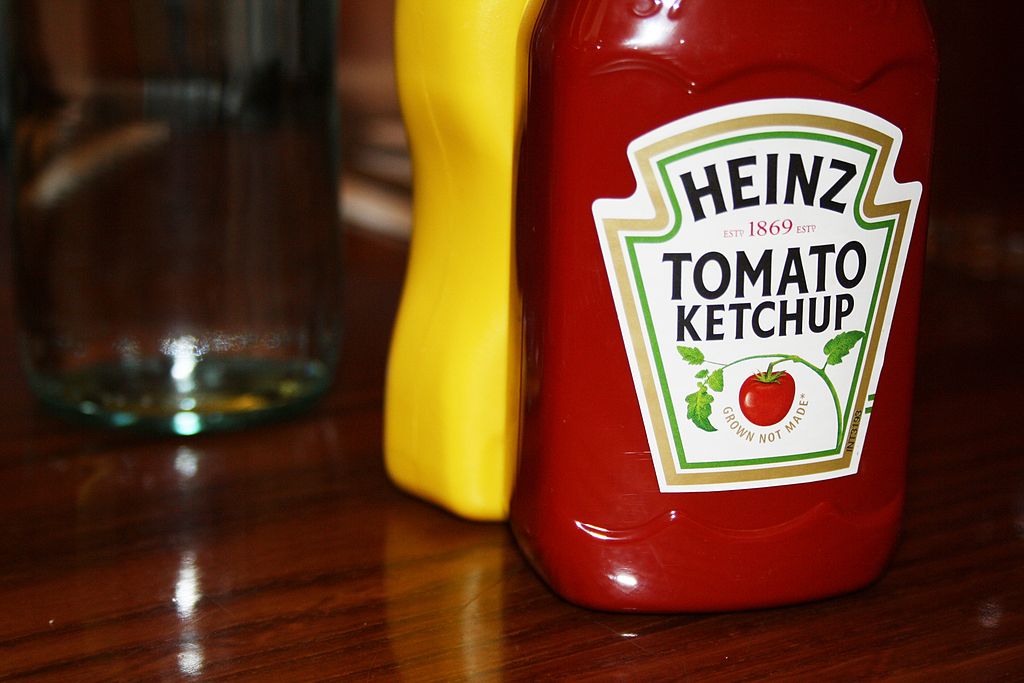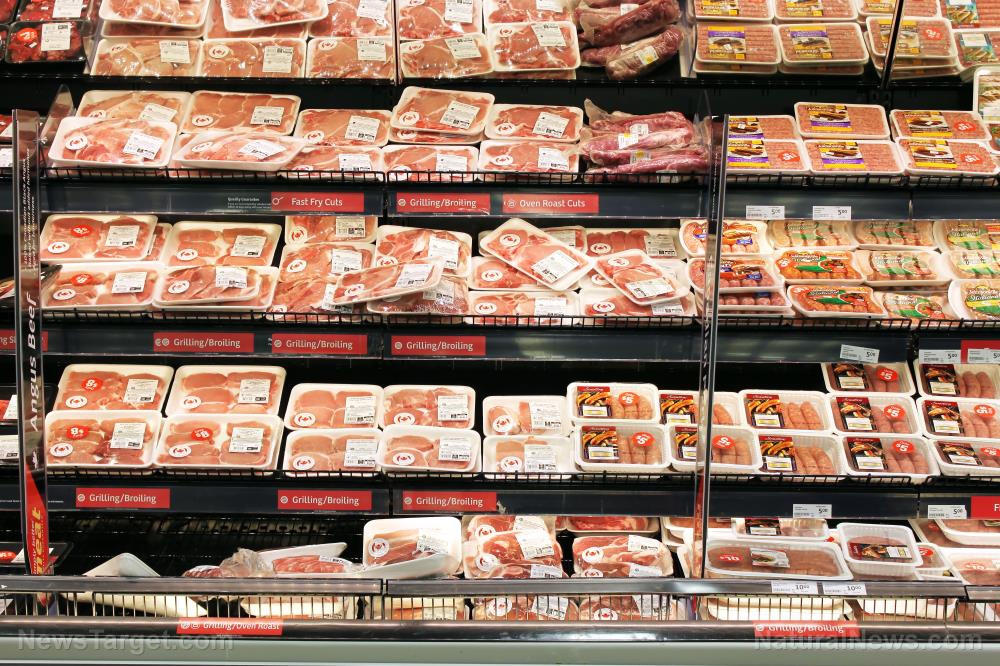World Bank says food crisis could be coming soon; already blaming Russia
04/27/2022 / By Ethan Huff

A potential “human catastrophe” is unfolding, says the World Bank. And the culprit, of course, is the conflict between Russia and Ukraine.
World Bank President David Malpass told BBC News at the recent spring meetings of the International Monetary Fund (IMF) and the World Bank that record food prices caused by inflation could plunge hundreds of millions of people into poverty.
Unless Russian President Vladimir Putin abandons or is stopped from trying to dismantle the Pentagon’s bioweapons laboratories in Ukraine, a global food crisis could soon emerge.
“It’s a human catastrophe, meaning nutrition goes down,” Malpass is quoted as saying. “But then it also becomes a political challenge for governments who can’t do anything about it, they didn’t cause it and they see the prices going up.”
The World Bank is predicting a “huge” 37 percent jump in food prices on top of the current inflationary situation. This will hit poor people the hardest, Malpass warns, as they will “eat less and have less money for anything else such as schooling.”
“And so that means that it’s really an unfair kind of crisis,” he added in a statement. “It hits the poorest the hardest. That was true also of covid.”
Globalists say there is not enough food in the world to feed everyone
The “broad and deep” price increases that the World Bank is predicting will affect all sorts of things from oils to grains to other food crops – “because they go up when wheat goes up,” Malpass says about these other food crops, which include corn.
Both Russia and Ukraine are key exporters of grain, supplying nearly 30 percent of the world’s wheat and 20 percent of the world’s corn. If the conflict continues, in other words, then nations that import this food will suffer, and they will suffer greatly.
In March, food prices soared by 13 percent, which is the highest level on record since 1990, according to the United Nations’ Food and Agriculture Organization’s (FAO) Food Price Index.
The United Nations had previously warned that Ukraine’s supply chain is “falling apart” because of the Russian invasion.
According to Malpass, there is simply not enough food in the world to feed everyone, especially as countries like communist China hoard supplies.
In order to ensure that enough food gets to where it needs to be, there will need to be some kind of special sharing or sales process, he added.
The poorest countries also need a boosted supply of fertilizers to help grow food. Subsidizing production and capping prices should also be discouraged, Malpass maintains.
If nations are unable to service their large debts moving forward, a situation that Malpass is blaming on the Wuhan coronavirus (Covid-19) plandemic, then this could further create a “crisis within a crisis,” especially in the developing world.
As of April 19, 60 percent of low-income countries were at or near “debt distress” levels, which means these countries require financial assistance via either traditional programs or emergency financing to avoid becoming insolvent.
“This is a very real prospect,” Malpass warns.
“It’s happening for some countries; we don’t know how far it’ll go. As many as 60 percent of the poorest countries right now are either in debt distress or at high risk of being in debt distress.”
“We have to be worried about a debt crisis; the best thing to do is to start early to act early on finding ways to reduce the debt burden for countries that … have unsustainable debt. The longer you put it off, the worse it is.”
More news coverage about the impending global economic implosion can be found at Collapse.news.
Sources for this article include:
Submit a correction >>
Tagged Under:
big government, chaos, David Malpass, debt collapse, food collapse, food inflation, food scarcity, food shortage, food supply, human catastrophe, IMF, national debt, panic, products, propaganda, Russia, supply chain, Ukraine, World Bank, World War III
This article may contain statements that reflect the opinion of the author
RECENT NEWS & ARTICLES
FoodInflation.News is a fact-based public education website published by FoodInflation News Features, LLC.
All content copyright © 2022 by FoodInflation News Features, LLC.
Contact Us with Tips or Corrections
All trademarks, registered trademarks and servicemarks mentioned on this site are the property of their respective owners.


